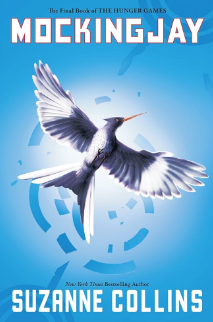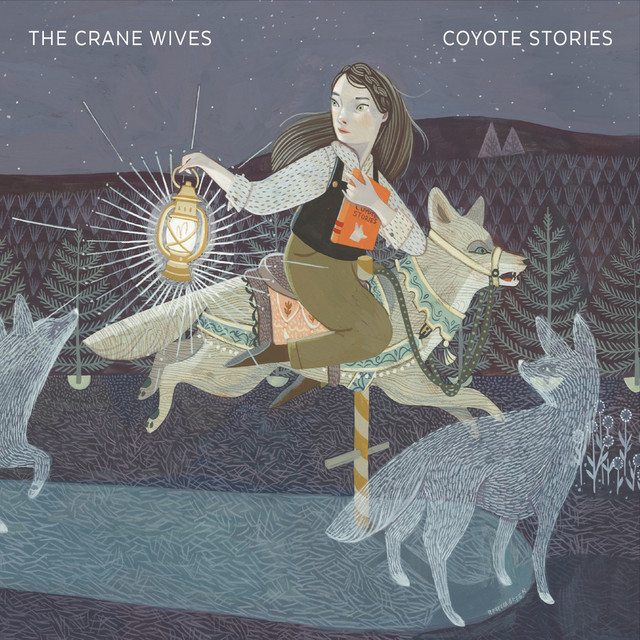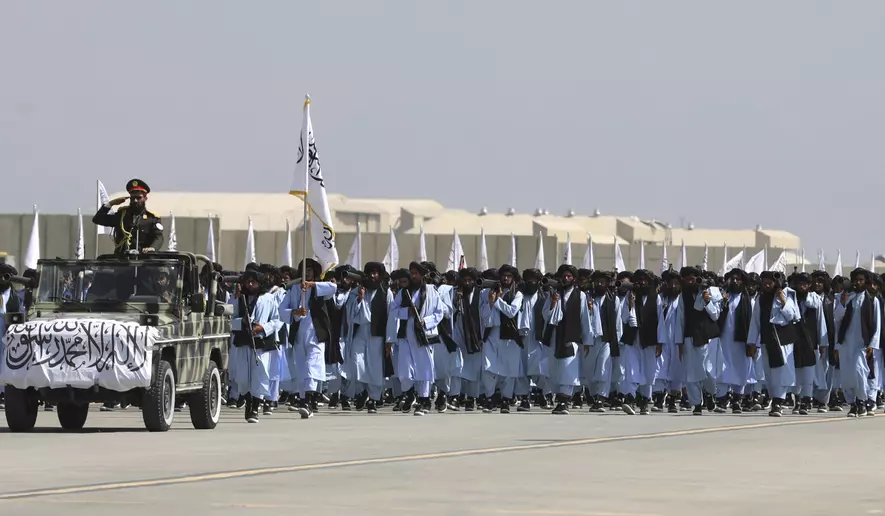
Filled with concepts of retaliation, revenge, grief, bittersweet humor, and life messages for the ages, “Mockingjay” by Suzanne Collins is an extraordinary read that serves as a well-deserved ending to the incredibly-written dystopian trilogy series, “The Hunger Games.”
The novel, “Mockingjay,” is a continuation of Katniss Everdeen’s life story, and takes place directly after the events of the novel “Catching Fire,” in which district rebels have disrupted the 75th annual Hunger Games. In addition, they have rescued the remaining tributes from the arena into District 13, which was thought to be destroyed, but has been functioning underground in secret as a nuclear district.
Alongside the other remaining tributes, Katniss is undergoing recovery and treatment after enduring the traumatic events of the Hunger Games. Not only this, but Katniss must grow accustomed to her now-destroyed home, District 12. It was destroyed by the Capitol in a series of deadly bombings and power-cuts, as a consequence for Katniss, a District 12 tribute, destroying the Hunger Games arena forcefield at the end of the 75th Hunger Games.
After District 12 inhabitants have been evacuated and are now rehabilitating in District 13, there is growing angst, confusion, and mistrust in the process of District 12 refugees and District 13 inhabitants fusing an alliance. Why has District 13 been absent from the public eye for so long? Why did they choose to reemerge now? And, what will happen to Panem now that the corrupted President Snow is angered by Katniss’ new rebellion and defiance? The stunning revelations of all of these events in “Mockingjay” conclude the remarkable life lessons, morals, and tragedies of The Hunger Games in a logical, creatively crafted way.
There were also many additional elements to the novel that I enjoyed and feel as if they improved the overall content and structure of the novel. The incorporation of action scenes throughout the story made the development more exciting and helped smoothly transition through the novel’s events. One of my favorite aspects of this novel was its realistic representation of war and violence. Throughout “Mockingjay,” there was not any shying away from the harsh realities of war, and how nobody is ever guaranteed safety in war zones or in situations of violence. It highlighted the cruelty of the Capitol and its damaging effects on Panem, but also ensured that readers got a practical perspective on the many harmful aspects of war.
Similarly to the previous “Hunger Games” novels, the genres of “Mockingjay” fall under dystopian fiction, science fiction, and young adult literature. This novel is 390 pages long divided up into 27 chapters with varying lengths. I would personally rate this novel 4.6/5 stars. It could be quite intense at some points with dark and gruesome detail in some scenes, but overall, was backed up by a strong storyline and credible, strongly-structured characters. I also think that this novel was very suspenseful, because of the unpredictability of war incorporated into the storyline. It reeled the reader in to try to see what could potentially happen next in the novel.
As a reader engrossed in the Hunger Games’ trilogy, I was not at all disappointed with the ending of the novel, “Mockingjay,” as poignant as it was, and felt as if all the pieces of this series had fallen into place, with every character’s fate carrying a purpose that was far greater than the means of the story.













